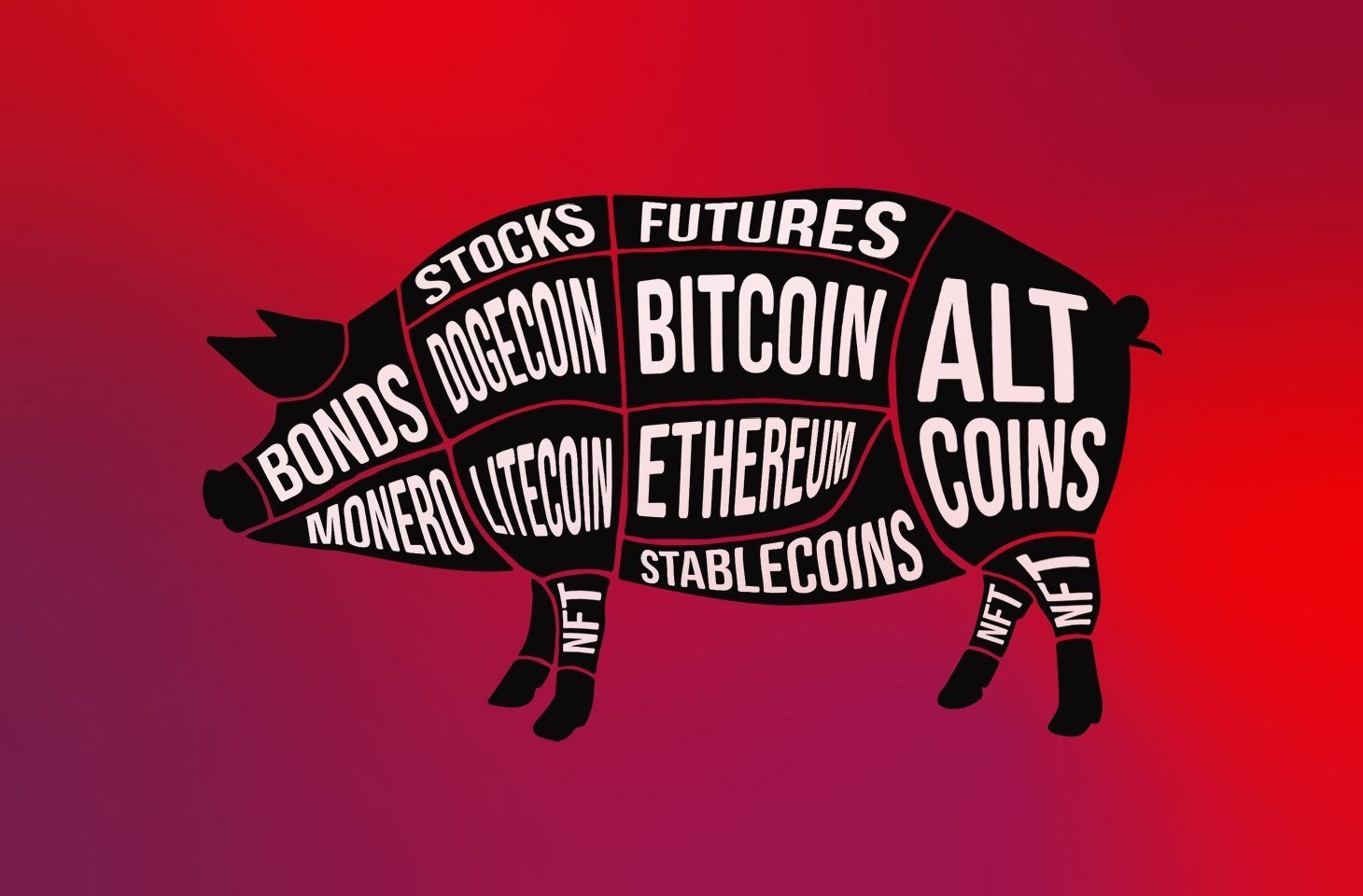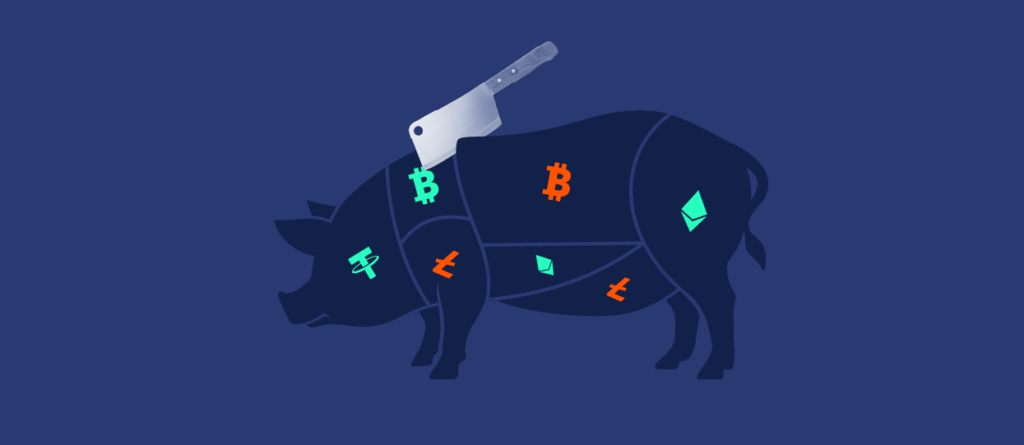The world of cryptocurrency, with its promise of lucrative returns and revolutionary technology, has captivated millions. However, this fast-evolving landscape also harbors sophisticated scams, including a particularly insidious one known as “pig-butchering.” This term might sound unusual, but it aptly describes how scammers fatten up their victims before exploiting them. Here’s everything you need to know about pig-butchering crypto-scams and how to protect yourself in this digital frontier.
What Is a Pig-Butchering Crypto-Scam?
Pig-butchering scams, also called “Sha Zhu Pan” scams (derived from Chinese slang), are a form of long-con fraud. Scammers cultivate trust and rapport with their victims over time, “fattening them up” emotionally and financially. Once the target is sufficiently enticed, the scammer exploits this trust to steal substantial sums through fraudulent cryptocurrency investments.
These scams often begin innocently on social media, dating apps, or even via unsolicited text messages. The scammer, posing as a friendly or romantic contact, gradually introduces the concept of cryptocurrency investments. Victims are lured with promises of high returns, access to exclusive platforms, or early investment opportunities in trendy digital assets like metaverse coins or gaming-related tokens such as playming.
How Pig-Butchering Crypto-Scams Operate
- Initial Contact: Scammers reach out to their targets through personal connections or random messages. They build trust over days, weeks, or even months, portraying themselves as knowledgeable, successful, and trustworthy.
- Creating Credibility: To gain the victim’s confidence, scammers may share fake screenshots of their “earnings,” testimonials, or fabricated news articles about the investment platform’s success.
- The Hook: After establishing trust, the scammer introduces the victim to a “lucrative investment opportunity” involving cryptocurrencies like metaverse coin projects or platforms like playming, emphasizing their exclusivity and potential for massive returns.
- Fattening the Victim: Victims are encouraged to start with small investments, which appear to yield immediate returns. These fake profits are designed to entice larger investments.
- The Butchering: Once the victim invests a significant amount, the scammer either blocks all communication or claims technical issues to delay withdrawals. Eventually, the victim realizes the platform and funds are fraudulent.

Signs of a Pig-Butchering Crypto-Scam
- Unsolicited Contact: Be wary of strangers initiating conversations about investments.
- Promises of Guaranteed Returns: Legitimate investments always involve risks.
- Pressure to Act Quickly: Scammers create a false sense of urgency.
- Lack of Transparency: Scammers avoid sharing clear information about the platform or investment mechanism.
- Too-Good-To-Be-True Opportunities: Offers involving unrealistic profits, especially in niche areas like metaverse coin projects or gaming platforms, are red flags.
Conclusion
Pig-butchering crypto-scams are a stark reminder of the risks lurking in the digital financial space. Scammers prey on trust and naivety, manipulating victims through psychological tactics and fraudulent platforms. By understanding the warning signs and adopting proactive measures, you can safeguard yourself against these sophisticated schemes. Whether investing in promising assets like metaverse coins or exploring platforms like playming, always prioritize due diligence and caution. In the ever-expanding crypto world, staying informed is your best defense against falling victim to scams.







More Stories
Discover High RTP Slots Offering Players the Best Value Per Spin
Discover Surprise Gifts On The Mega888 Casino Game
Strategies for Maintaining Focus and Discipline in Online Casino